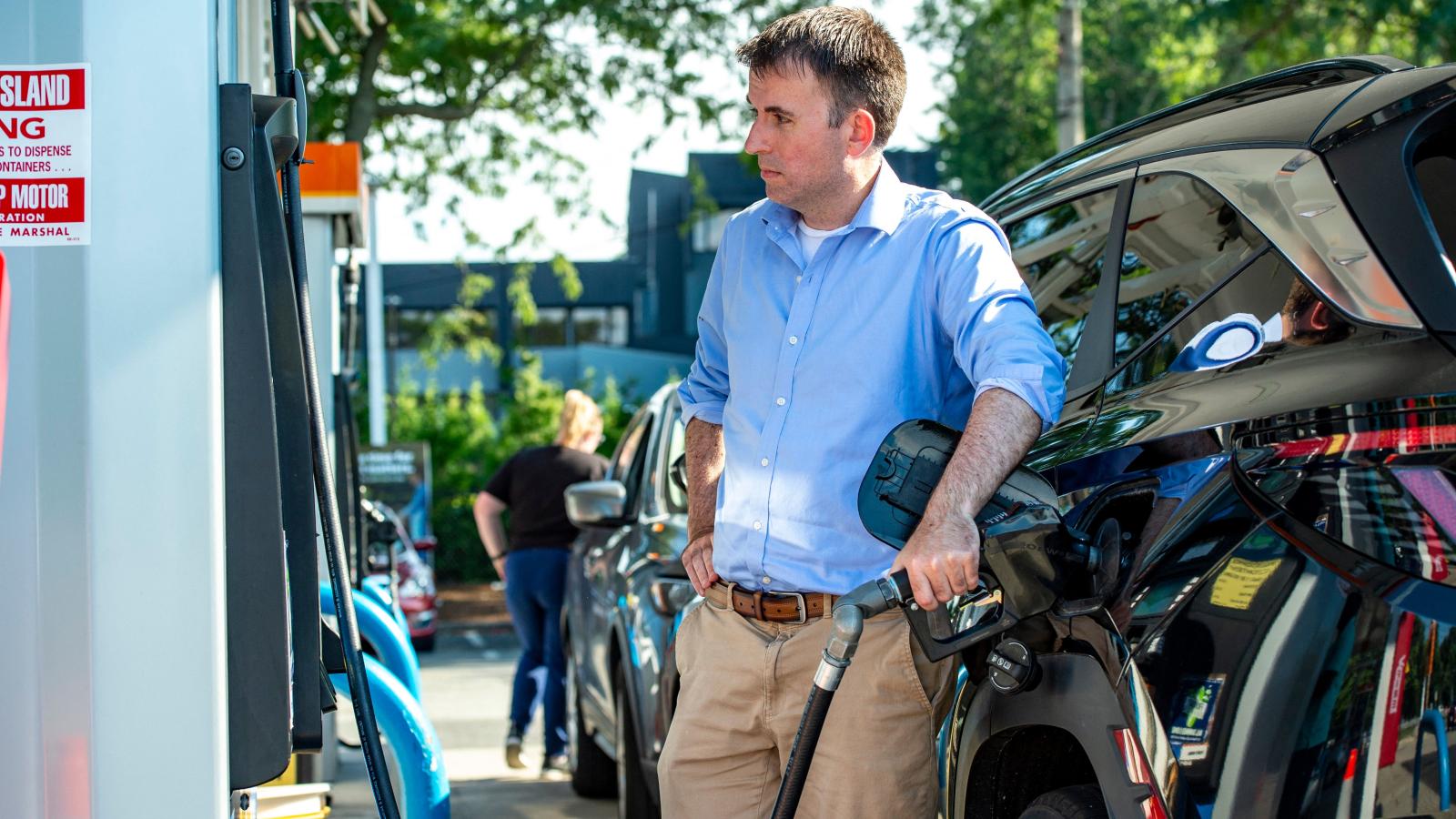California gas $1.73 above U.S. average, taxes rising to $1.64 per gallon

(The Center Square) - California's gas excise tax is rising to 59.6 cents per gallon on July 1, and is already the highest in the nation. That doesn't include other state environmental fees and taxes, which account for much of why the state gas is $1.73 per gallon more expensive than the rest of the nation's; taxes and fees on California gas add up to $1.62 per gallon.
According to AAA, as of May 1, regular gas in California sells for an average of $5.39 per gallon, while the national average is $3.66 per gallon. In Mono County near the Nevada border, gas sells for a substantial $6.43 per gallon. Gas prices in neighboring Arizona, Oregon, and Nevada are $4.03, $4.51, and $4.56 per gallon, respectively.
California uses its own special blend of fuel year-round, meaning it cannot import fuel from refineries that do not produce its formulation. Gas for California consumption is refined in California at the state’s handful of remaining refineries, several of which are being converted from producing gasoline — which is heavily taxed — to producing tax-subsidized renewable fuels from plants and other sources.
Refineries have already switched to production of the more expensive summer variant of California gasoline, which, along with rising traffic exiting winter and entering warmer spring and summer months, has further increased gas prices.
According to the government, the cost of producing and distributing California gas is $3.73 per gallon as of April 29. Federal taxes are 18 cents per gallon,
While the federal excise tax remains steady at 18.4 cents per gallon, other fees, such as California's cap and trade fee and low-carbon fuel subsidy fee, add up to another $1.44 per gallon, or $1.62 per gallon in total.
With a declining number of refineries — from 16 in 2014 to 13 today — California’s remaining refineries are operating at 99.7% of capacity. Any interruption to operations to any of the state’s refineries causes major supply disruptions, and commensurately higher gas prices.
With California banning the sale of gasoline-powered vehicles in 2035, and the California Energy Commission workshopping a “maximum refinery margin” that would limit how much money remaining refiners can make, the state is not encouraging expansion of its refining capacity.
While the state is advancing electric vehicles as a replacement for the gasoline-powered personal automobile fleet, rising energy prices in the state could soon make it more expensive to charge a car than to fill one with California gas.